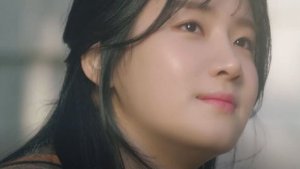 Devil’s Advocate’s Pick for Top 5 Melo Romance Kdramas
Devil’s Advocate’s Pick for Top 5 Melo Romance Kdramas
Hello Fellow MDLrs, Devil's Advocate here. This time I would like to analyze Kdramas and their obsession with Plot Twists.
A plot twist is a literary technique that introduces a radical change in the direction or expected outcome of the plot. If you've been following Kdramas for a while, you would've noticed that Plot Twists are one of the essential ingredients in Kdramas.
In this article, I would like to analyse how this obsession on plot twists could actually ruin a drama. At first, I would like to start out with an example of how twists could be done right (The Good Part) and then with two examples of how it actually ruined some dramas (The Bad and The Ugly). So, the article will be divided into three parts: The Good, The Bad and The Ugly.

Disclaimer: Since we are talking about twists in Kdramas, there could be some potential spoilers for the dramas that I've taken as example. Although I'll try my best to not spoil the contents/twists, reader discretion is advised.
**********************************Let's Get Started**********************************
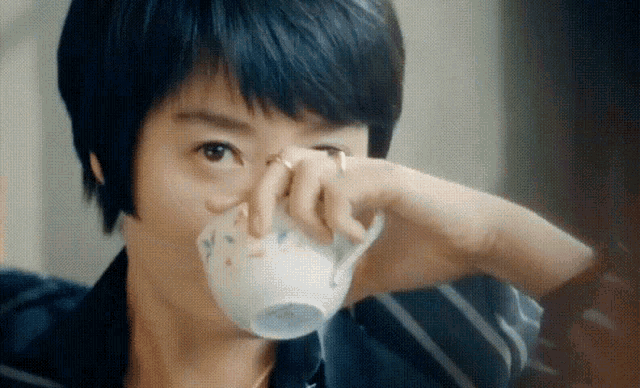
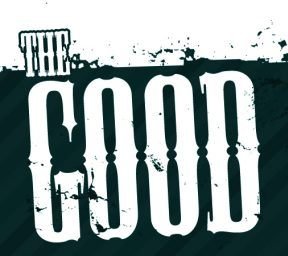
Drama: Repeat the Year 365
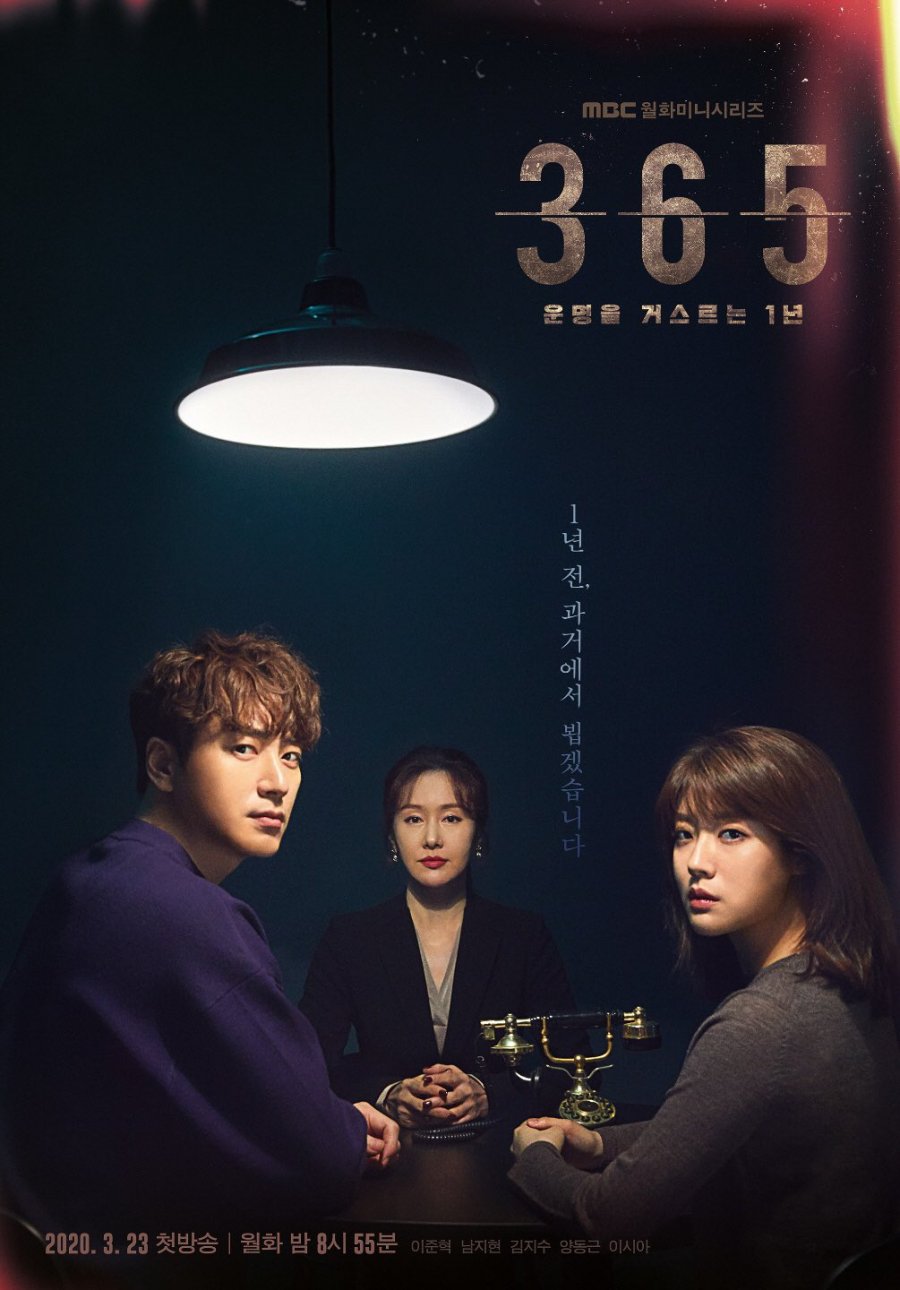
This drama is a prime example of Plot Twists done right. Even though the performance of the actors and the writing are only considered to be on a decent level, the twists in the drama are simply on another level. One of the main strength of the drama lies in the twists, they don't give away most of them, and it's really difficult to guess the antagonist. The drama relies heavily on the twists with almost at least one twist per episode. However, that reliance does in no way affect the drama negatively and, as a matter of fact, is what holds together the drama in place, and one of its core strengths. It is like the writer knows the main strength and wrote the script engagingly, which made me pick this drama as for the Good Part.
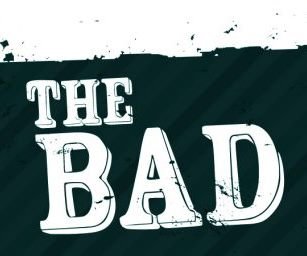
Drama: Cruel City
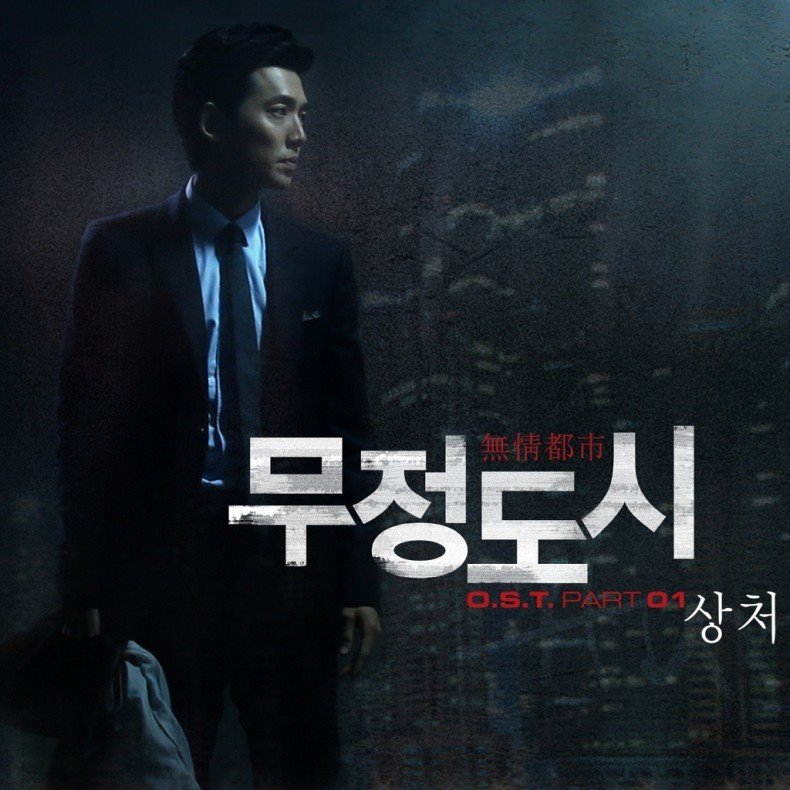
TThis gangster-cop drama is one of the relics of the Kdrama in the last decade. (It feels like they don't make dramas like these anymore). Arguably one of the best performance by Jung Kyun Ho and almost all the characters in the drama (maybe except the female lead, her performance was just decent, also her character doesn't have much scope in the drama).
But all these don't mean the drama is perfect by any means (which drama is though?). Although some technical and making errors could be compensated by the well-written characters and the performance of the actors, the one thing that almost made it from a "Really Good" drama to a "Pretty Decent" one is the ending. Towards the ending, the writer wants to incorporate a twist (which the regular fans of the thrillers would've been able to guess already), but that twist took away one of the main strengths of the drama: the characters.
This drama is a character-driven drama with really well-written characters and good performances, however, towards the end, the writer decides to completely change the main antagonist to a completely different person. Although the reason for the twist is justified, making that specific character into the main antagonist became a real flaw for the drama. Not only the character wasn't able to fit into the role of the villain with a lack of clear cut goals (as to what he really wants), he also does not have the charisma required by the main antagonist (which all the other potential antagonists had). Also, the overuse of a particular twist (characters being undercover) felt really good when it was made at first, but then seemed to affect the logic of the drama and the emotional impact of that factor negatively.

Drama: It's Okay To Not Be Okay
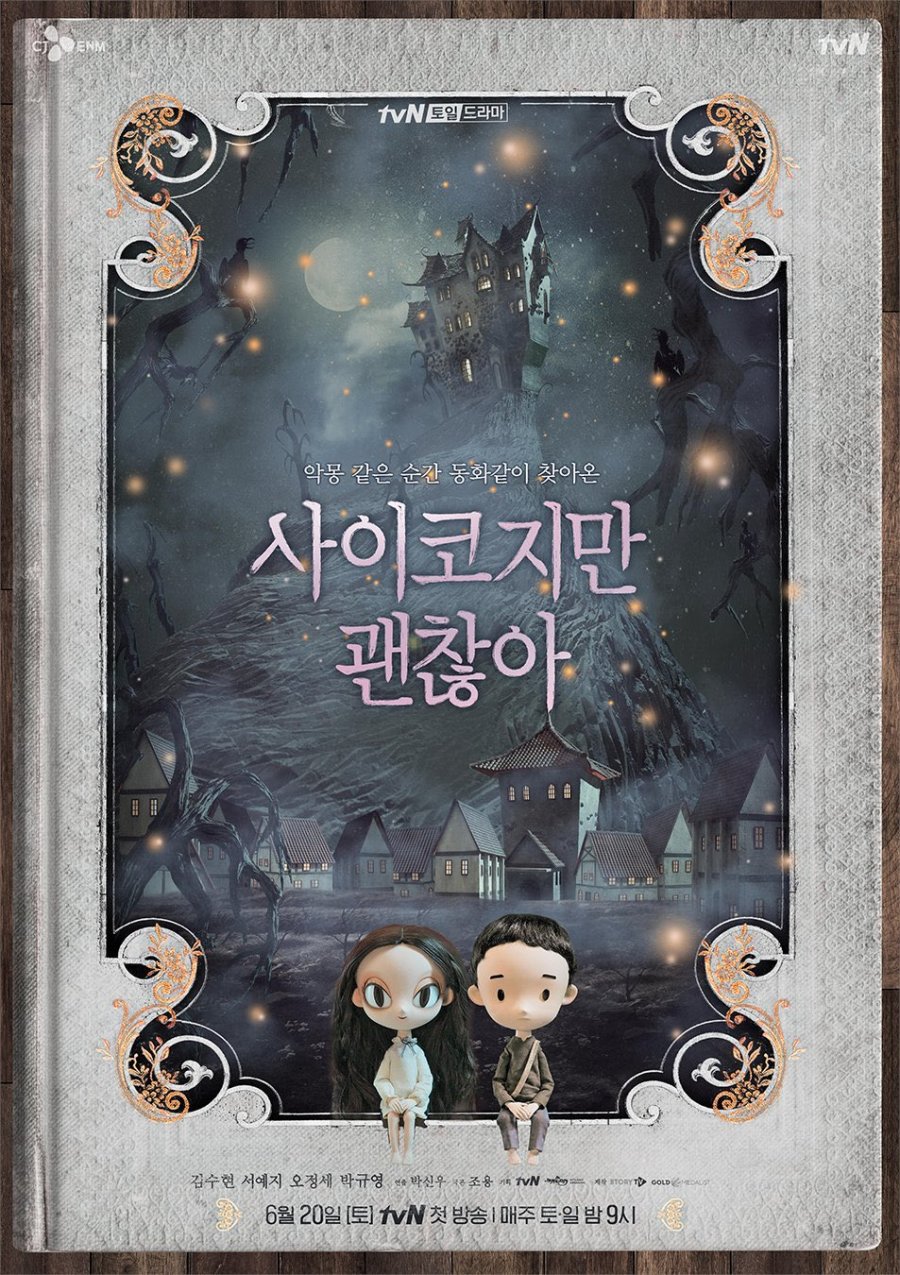
Now, this is a choice for which, probably, I am going to be mostly criticised. This is a drama that I loved in the first few episodes. I felt like there was no other drama like this: such a beautifully written grey-shaded characters with flaws, such an engaging storyline and experimental after-credits scenes... And I cannot emphasis enough: they wrote really brilliant children stories (Zombie kid and The Boy Who Fed on Nightmares). It is a rare element that we could see in dramas, wherein the ability of the characters is portrayed through their works.
But all the good things came to an end after the 6th episode. I felt the drama dragging, taking the usual path of all the other dramas with an unnecessary "push and pull" for a fairly underdeveloped romance. The added fan service also made the drama from a legendary drama to an average one. However, for me, the breaking point of this drama, as the topic of this article says, was the twist.
Although I was able to guess who the main antagonist was, I was hoping that I would be wrong. That one particular twist was the breaking point for me and made the drama from a decent one to a one I hated. That one twist made the whole character, the theme, and the feels of the drama go all in the drain. No amount of fan service or the extremely satisfying ending were able to make me like the drama anymore. The twist was so ridiculous, flawed and not only did they stop there, but also went back to ruin the really good moments in the first few episodes that I considered to be a Masterpiece. That one twist made me hate the drama, and I couldn't understand how people were able to forget about it and rate this drama well. (The twist was not a part of the side story, but the main plot and what it was building towards).
So, that concludes my analysis about the obsession of Kdramas with plot twists by classifying it into the Good, the Bad and the Ugly with an example each. One of the main things I noticed from this analysis is that whenever the writers tend to go behind the twist, forgetting, in the middle, the main strengths or the defining characteristics/essence of the drama, the twists affect the drama negatively. For example, in Cruel City, the strength of the drama was the characters and their connection with each other which was downplayed by the twist of making one of the main characters the antagonist, whereas the Strength of IOTNBO lies in the characters, mental illness, character development, and was downplayed by the twist in episode 13. All the while, in Repeat the Year, the strength of the drama was in the twists themselves, hence they contributed positively towards the drama.
Hope that you guys enjoyed the article, and I've tried to make it as short as possible by only introducing just one example each. All the observation in the above article are based on my personal view, and I am looking forward to having a healthy discussion down in the comments regarding them.
I would be grateful if you guys could also name a few dramas twists on the basis of The Good, the Bad and The Ugly.
**********************************Peace Out**********************************

Edited by: Cookie (1st editor)









